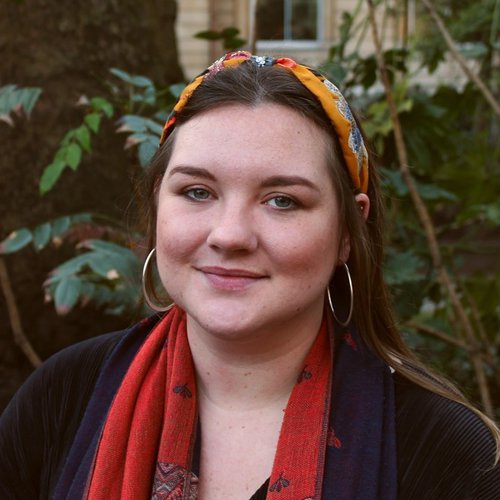Co-producing eating disorder prevention research with South Asian experts-by-experience: a case study
People with lived-experience of eating disorders are crucial partners in co-designing and co-delivering research projects, especially those from marginalised groups – such as ethnic minorities – in order to advance mental health equalities and access to services (Lewis and Foye, 2021). This is due to the sampling bias which is often present in research pertaining to school-based body image and eating disorder prevention intervention. With the current policy landscape pointing to a commitment to these types of interventions, it is crucial that those with lived-experience are shaping the research agenda to ensure that they are culturally relevant and inclusive.
Multiple participation sessions including South Asian adolescent girls with lived-experience of body image difficulties and disordered eating were conducted. These sessions explored the lived-experience perspective and highlight the nuances of experiencing body image distress and consequent research considerations in this culture.
From engaging with experts-by-experience in the co-design process, a series of recommendations regarding a) the language used, b) the types of questions in the focus group topic guide, and c) adjustments to the format of a traditional focus group method were made and implemented into the research proposal.
The conclusions of this work will demonstrate the utility of co-production in eating disorder research and will be helpful for other researchers in this field. By involving underrepresented and marginalised populations in the co-design process, researchers are able to confidently produce culturally sensitive research designs and participant facing materials.
Hannah Lewis

Hannah Lewis is a London Interdisciplinary Social Science (LISS) funded PhD Student at the Centre for Psychiatry. Hannah had previously studied at the Centre where she completed an MSc in Cultural and Global Perspectives in Mental Health Care, where she undertook a systematic review of school-based body image interventions to assess their cultural inclusivity.
After working in mental health policy for a national charitable organisation, she returned to the Centre in 2019 to study an MRes in Psychological Therapies and conducted a second systematic review which explored the involvement of people with lived experience of eating disorders in prevention and treatment interventions.
For her PhD project, Hannah is building upon her previous research in eating disorder prevention, cultural inclusivity and involvement by co-producing a cultural adaptation of The Body Project – an eating disorder prevention programme based on cognitive dissonance which has the most robust evidence base in the field. By working closely with the diverse community of Tower Hamlets, Hannah intends to co-deliver and co-evaluate the culturally adapted intervention in local schools with educational mental health practitioners and experts-by experience.